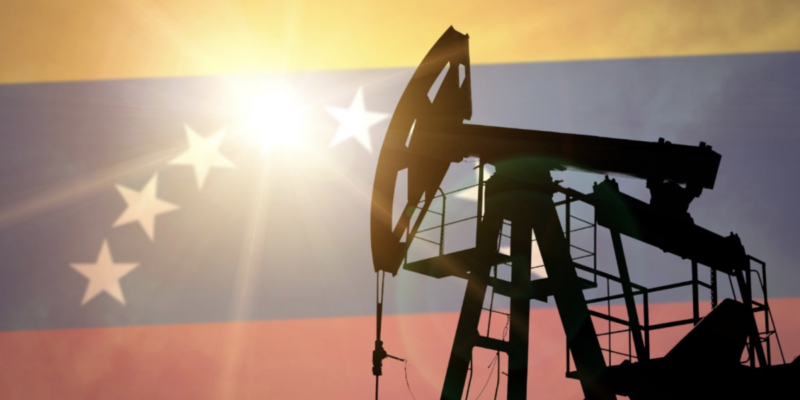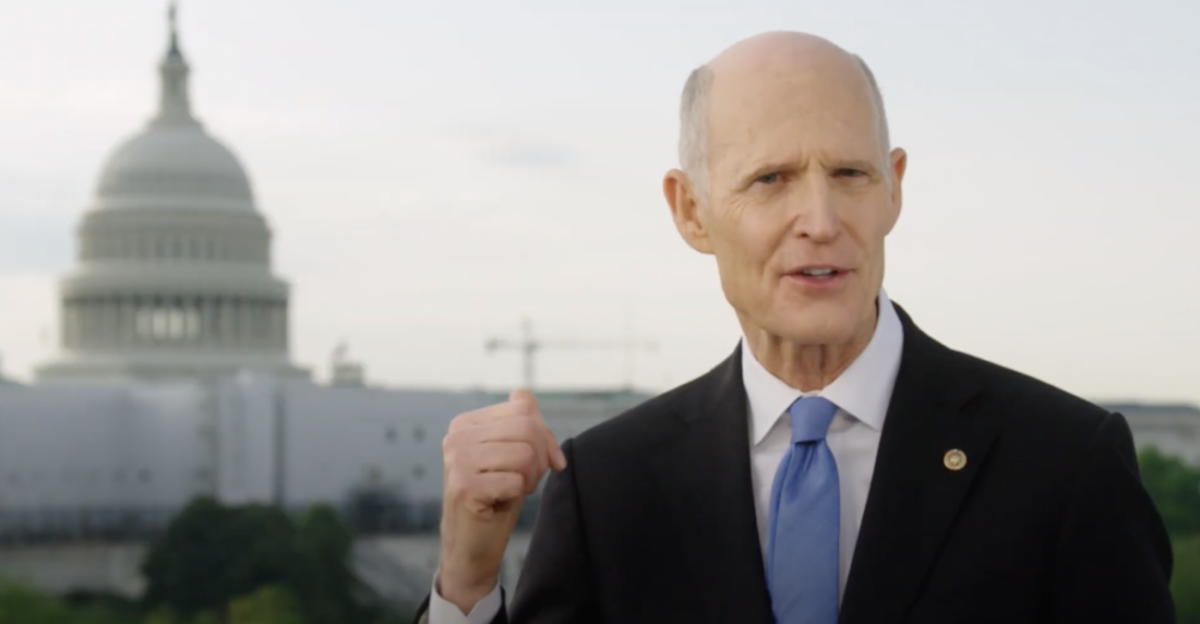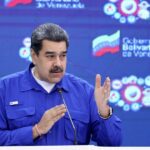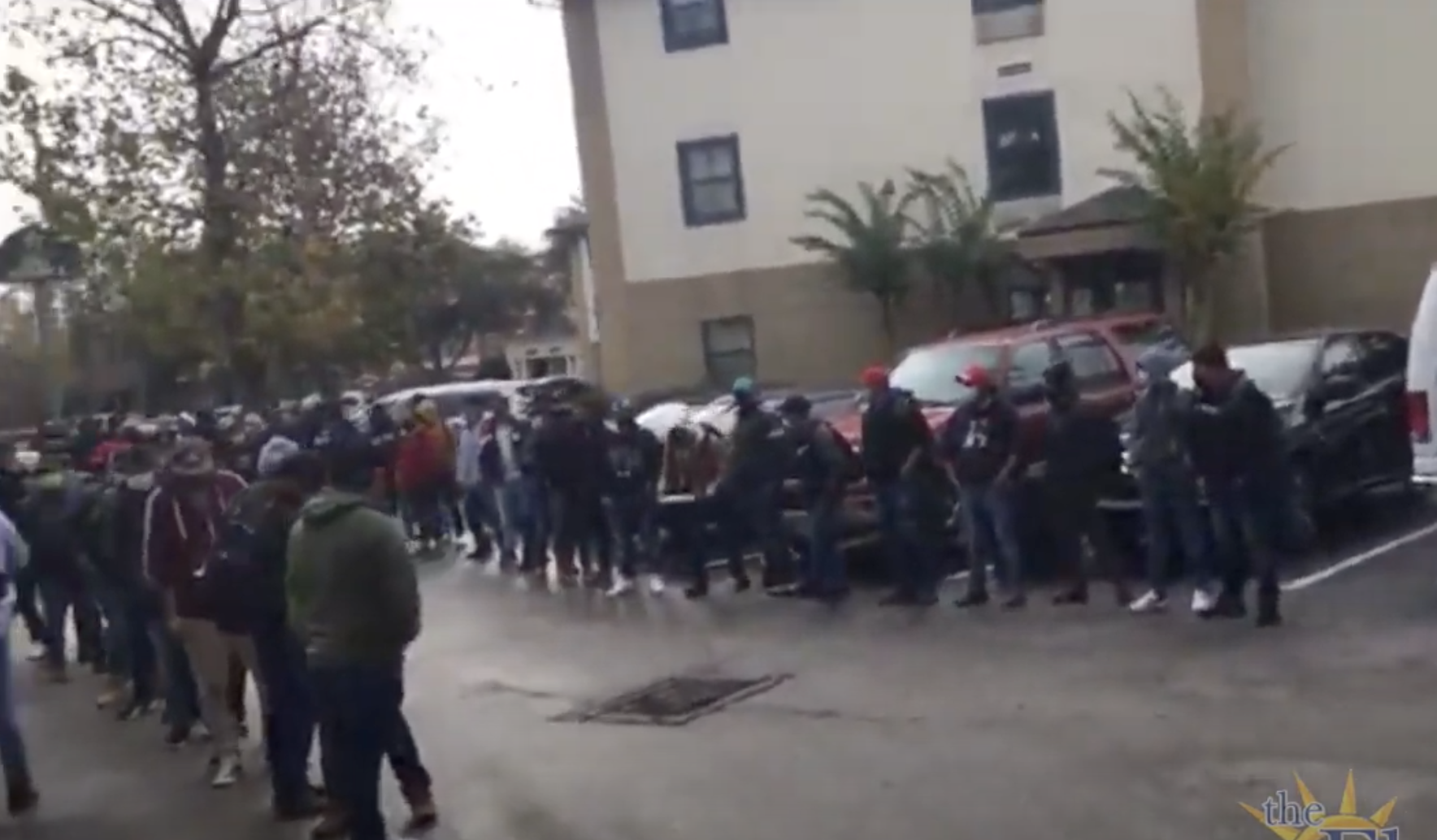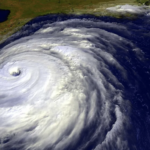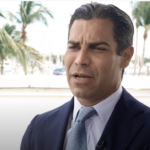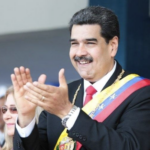As the immigration crisis along the U.S. southern border continues with no apparent end in sight, the Biden administration is touting its newest Family Reunification Parole Process, available to immigrants coming from Cuba, Nicaragua and Venezuela, as a total success. However, the numbers tell a different story.
The program allows approved applicants a temporary parole that offers a 2-year work permit, but only if they have an existing sponsor in the U.S.
According to the Migration Policy Institute, Biden’s parole border program is working to some degree for Cubans and Nicaraguans, but not so for Venezuelans.
Recent reports state that even if Venezuelans have the parole program at their disposal, over 78,000 have still made the journey to the border region and attempted to cross over illegally.
Already more than 7.3 million Venezuelans have fled their country looking for better living conditions and the situation is expected to worsen, as the economy is experiencing 400% inflation and, according to the Venezuelan Financial Observatory, it has officially entered into a recession.
Leo Trechi, a Venezuelan entrepreneur in South Florida and director for the Venezuelan-American Chamber of Commerce, believes that the situation is so dire, that his fellow compatriots have no choice but to leave. Venezuelans are facing “a deep health crisis, lack of public services and limited job opportunities.” He also believes that Venezuelans are not taking advantage of the parole program, compared to Nicaraguans and Cubans, because “as a community, we have not been used to migrate, which makes it difficult for poorer Venezuelans to find a sponsor in the U.S.”
Eduardo Gamarra, a professor of politics and international relations at Florida International University (FIU), believes that the Biden administration’s immigration effort to help Venezuelans was “late in being conceived” because so many Venezuelans have already fled their country and have nothing left to go back to.
“They've already spent their savings. They've sold their houses. They sold whatever it was to try to get to the border and so they’ve reached the point of no return,” said Gamarra in an interview with The Floridian. “I think the policy has had success, but I think it was late in being conceived. Late in being implemented.”
To Curb Immigration, Focus on Economic Development
Gamarra also believes that the U.S. must find more sustainable ways to help migrants, particularly helping reactivate their economies back home. “Why don't we think for example about jobs, you know expanded guest worker program? Why don't we think about the about taking an entirely different view of what we as a country are doing in Latin America,” questioned Gamarra.
Many experts agree that the U.S. should take a different route in its policy approach toward Latin America, focusing on creating jobs in their home country. However, U.S. current economic sanctions policy on Venezuela makes that very difficult.
Luis Vicente Leon, Venezuelan economist and president of research firm Datanalisis, said in a recent interview that sanctions “have not achieved the political objective that was established. However, they negatively impact the quality of life of the Venezuelan people.”
Experts like Gamarra believe that U.S. economic sanctions on Venezuela are a major deterrent for economic recovery and therefore, they should be eased.
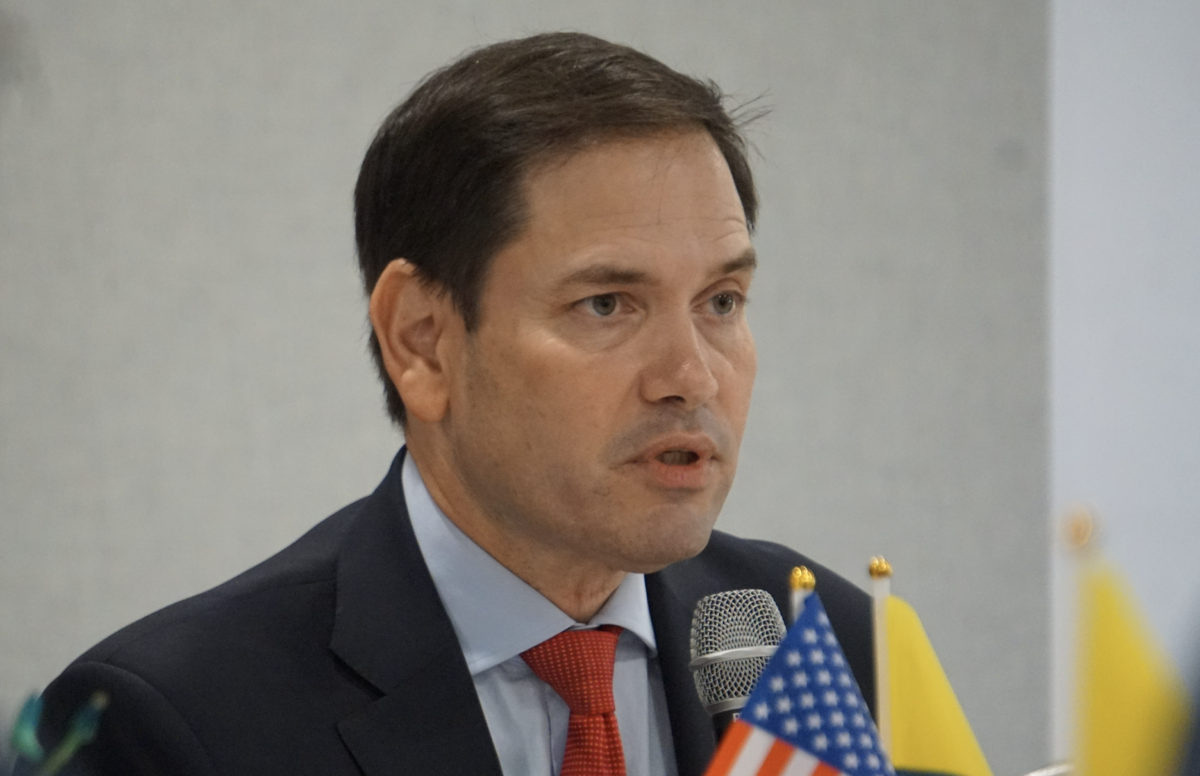
Venezuelans agree. A recent Datanalisis poll found that 76.6% of Venezuelans want flexibilization of economic and financial sanctions as they negatively impact the country’s economy and the people’s quality of life.
Trechi is adamant in stating that “individual sanctions” — those imposed on dictator Maduro and his cronies— are vital. However, economic sanctions —those levied on financial transactions and sectors like the oil industry— “have created certain limitations for companies both in the U.S. doing business back home, as well as those in Venezuela, related to over compliance, and financing and market access.” He also added that the current economic environment and pressure from economic sanctions “have forced multinational companies to exit or pair down their activities, making the country’s situation even more dire. This has allowed corrupt companies with ties to the Maduro regime and countries like Russia, China and Iran, to replace them. In my view, it’s imperative to thoroughly scrutinize measures that could have adverse effects on ordinary citizens.”
Gamarra says that “Sanctions are popular, politically popular, but when it comes down to results, they are not very effective,” adding, “Sanctions on Venezuela were not very effective if the objective was to change the regime.”
Legislators Propose Other Programs to Curb Migration
Sen. Menendez will be introducing his Venezuela Emergency Relief, Democracy Assistance and Development (VERDAD) Expansion Act in September, which is expected call for the establishment of a humanitarian fund repurpose forfeited assets from U.S. criminal cases against Venezuelan nationals; $300 million in assistance to communities across the Americas to integrate Venezuelan refugees and $240 million in assistance for the UN Humanitarian Response plan for Venezuela.
Gamarra doesn’t see Menendez’s measure as the solution to the problem, but rather a good starting point. “I don’t think it’s a solution, it’s a good initiative. It reflects his (Menendez) frustration with the Administration about getting anything done on immigration,” said Gamarra in a phone interview with The Floridian.
Sen Rubio believes that any humanitarian assistance needs to be seen as temporary solution, and that the real and “durable solution” to Venezuela’s ongoing crisis is to restore democracy.
“Humanitarian assistance was never meant to be a permanent solution. A durable solution to Venezuela’s migration crisis requires restoring democracy and the rule of law in Venezuela. Venezuelans will continue to flee the country so long as the Maduro regime commits human rights abuses and mismanages the economy,” said Sen. Rubio in a statement to The Floridian.
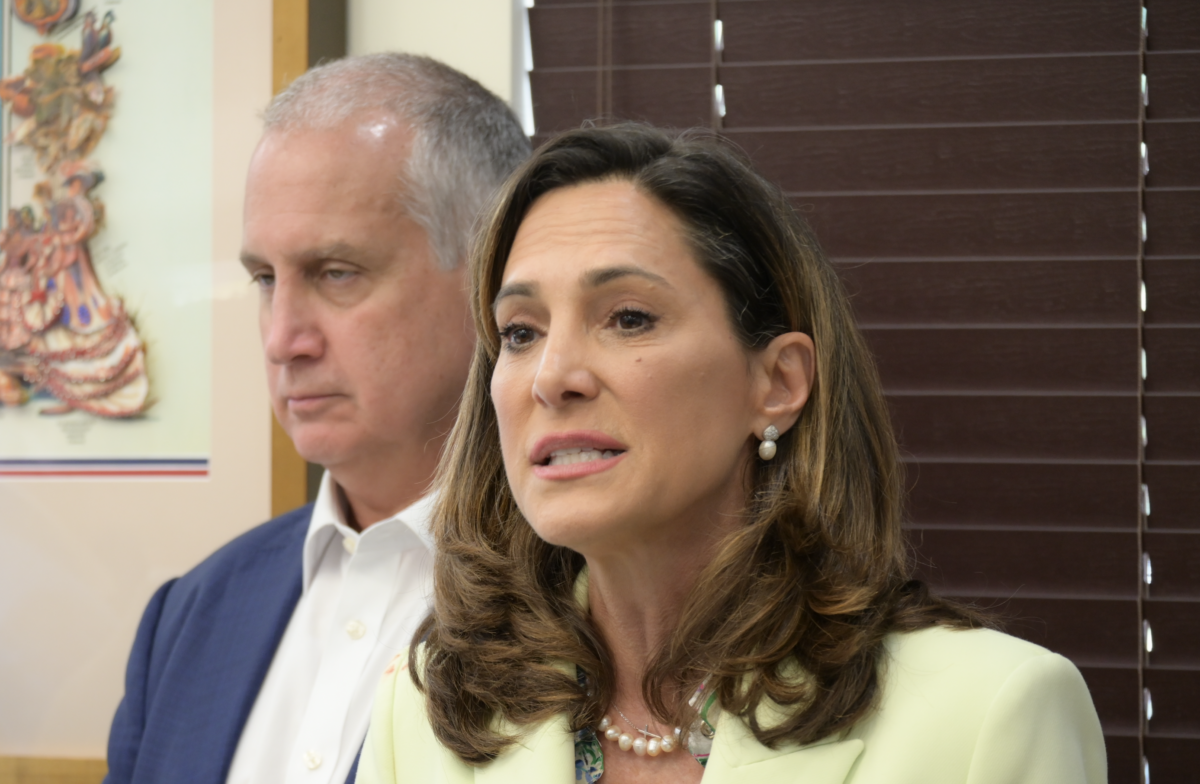
Rep. Maria Elvira Salazar (R), who also supports Sen. Menendez’s VERDAD Act, believes that her Dignity Act compliments the soon-to-be-introduced Senate measure, but also reaffirms Sen. Rubio belief that until democracy is restored, the Venezuelan people will not be free.
“Humanitarian parole is a program that thousands of my constituents benefit from, but we need a permanent solution. The Venezuelan situation is unique and I am working on several pieces of legislation to help Venezuelans. My Dignity Act allows Venezuelans who are in the United States under Temporary Protected Status to stay here permanently. Dignity also prioritizes working with our regional partners to ease the migration crisis well before it reaches our borders,” said Rep. Salazar in an exclusive statement to The Floridian, adding, “Ultimately, Venezuela will not be free until Socialism of the 21st Century is purged from the country. Until then, we are here to support the Venezuelan people using every tool the U.S. government has as its disposal.”
Trechi reiterated that addressing Venezuela’s humanitarian crisis can’t wait. “We must take immediate action to alleviate the suffering of the Venezuelan people and help them regain control of their democratic processes.”

